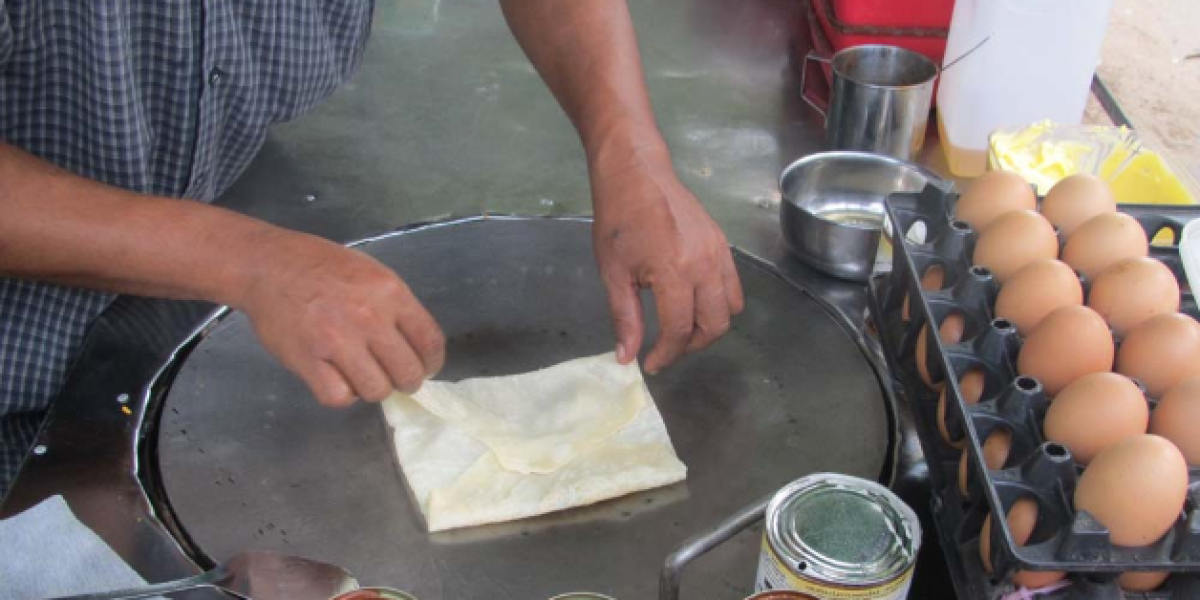Cambodia: searching for a state to belong to
12 December 2012|Tori Duoos, JRS Cambodia

Phnom Penh, 12 December 2012 — Ibrahim*, a young man of 32, has been in Cambodia for nearly three years. His home is Myanmar, more specifically Arakan state? he is Rohingya. He is part of a Muslim minority from Myanmar, which has faced persecution for decades. Many consider this population to be stateless, as Myanmar does not recognise people of this ethnicity as citizens.
Towards the end of 2008, Ibrahim faced extreme hardships that led him to flee his homeland. “The main problem is forced labour”, he explained to me. Due to specific events, he was faced with the hardest decision of all: leaving his family and home behind for the safety of himself and his loved ones.
In the beginning of 2010, Ibrahim reached Cambodia, in search of protection. After arriving, he was distraught to hear that in order to seek asylum he would need to register at the Immigration Office. “I don’t have any documentation, passport or visa. If I go to the immigration office, it must be that they will arrest me.”
Hesitant to test Cambodia’s new system for refugee status determination, Ibrahim sought further assistance. He discovered the JRS office in Phnom Penh and went to meet with the social worker and lawyer. Ibrahim’s voice lightens a bit, recalling the help he found.
“JRS decided to support me and I got some advice and financial assistance. JRS brought me to register at the immigration office. For two days we could not eat proper food. This time was very difficult.” He cracked a smile, “When I came to JRS, Sony made some noodles for me to eat.”
Ibrahim is one person in a longer list of asylum seekers who have been awaiting status determination for more than two and a half years. “We were told that the decision would be made within 90 days, I don’t know what happened, it has been nearly 3 years and I don’t have a decision.”
A pinstriped button down shirt and dark grey slacks are Ibrahim’s attire for the day. He is well groomed with a clean-shaven face framed by long, neatly combed, black hair. He is extremely presentable, dressed like a businessman. “For one year I survived on JRS support and JRS arranged a small loan to make my business. My business is selling roti. With the loan I was able to get a roti cart. My business is going well.”
Roti is a flat bread, similar to a thin pancake usually filled with chocolate or sardines. Selling roti is a trend among the Rohingya asylum seekers in Cambodia, and Ibrahim’s business is arguably the most successful. He fell silent for a moment when I asked him what is the most challenging part about life in Cambodia, “Everything is hard.” There was no further elaboration.
Although Myanmar has made notable political and developmental progress in the past year, the situation for Rohingya has been exacerbated. Just this week there were more violent outbreaks in the region. Ibrahim’s demeanor is very gentle and calm, “When I called my family for Eid [Islamic Holiday], they are all crying and being forced to leave their homes. They are threatened that their homes will be set on fire. I stopped calling them because it is too sad.”
He is aware of the reality that much of his family has been killed or gone missing in the past six months. He looked down and fidgeted with the folded piece of paper in his hands, “Maybe one day there won’t be any Rohingya people anymore.” We both became visually saddened by this thought, trying to be optimistic that there is a brighter future ahead.
Ibrahim hopes that the international spotlight will assist in relief of the population’s prolonged suffering. His desire is to be resettled to a Western country. “I want to continue studying. I want to complete a bachelor’s degree and complete my MBA.” He is ambitious and eager to find a way to support his family and the Rohingya community.
With an uncertain stability in Cambodia, he works hard every day to support himself and continues to wait for a response on his refugee status, constantly wondering what his future holds if he remains stateless.
*The name used has been changed to protect confidentiality.


